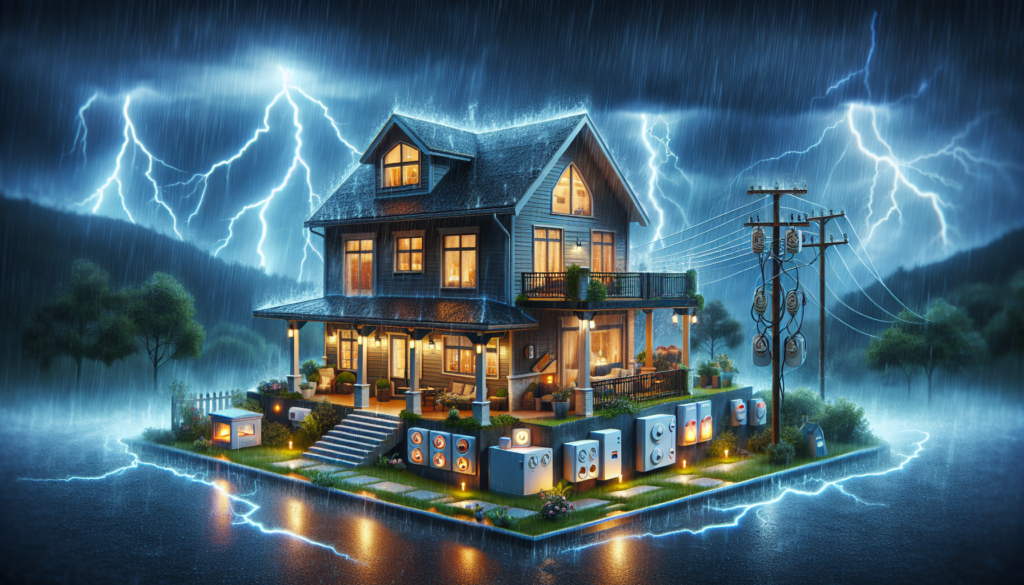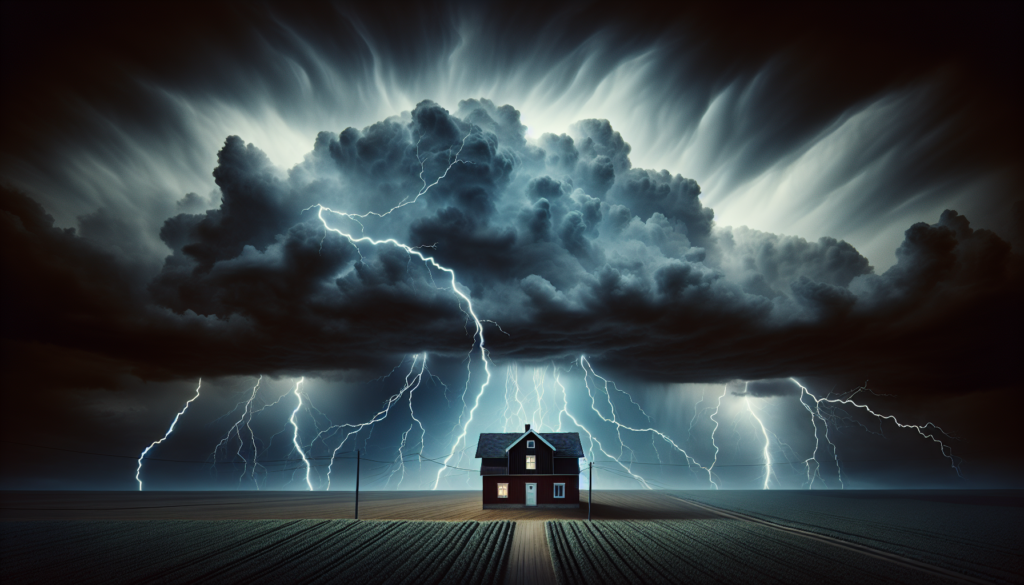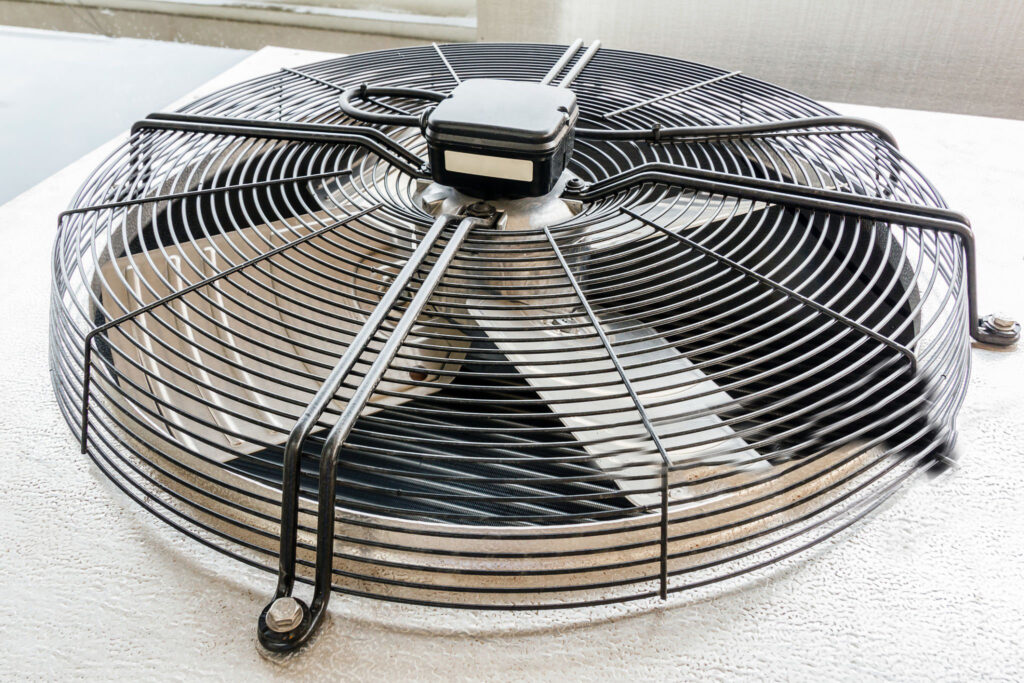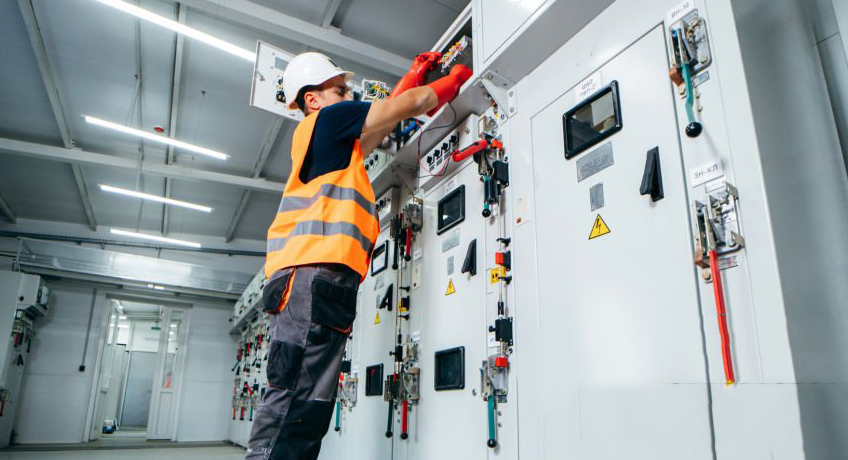 Construction
Construction
Powering New Jersey: The Vital Role of Licensed Electrical…
New Jersey, known for its bustling cities, vibrant communities, and diverse landscapes, relies heavily on a robust and well-functioning electrical grid to power its infrastructure. Behind the scenes, licensed electrical contractors, in their every-day business dealings with homes and businesses, play a pivotal role in ensuring the smooth operation and maintenance of this intricate network. From routine inspections to emergency repairs, their expertise is indispensable in keeping the lights on and the engines of progress running.

The Backbone of Reliability
At the heart of New Jersey’s electrical infrastructure lies a complex grid interconnecting power generation stations, substations, transmission lines, and distribution networks. This intricate system demands regular upkeep to prevent outages and ensure uninterrupted power supply to homes, businesses, hospitals, and public facilities.
Licensed electrical contractors are the linchpins in this maintenance ecosystem. Their specialized knowledge, honed through rigorous training and certifications, enables them to navigate the grid’s intricacies efficiently. Their role encompasses a spectrum of responsibilities:
1. Routine Inspections and Maintenance
Regular inspections are the first line of defense against potential faults and breakdowns. Licensed contractors meticulously examine equipment, identify potential hazards, and perform preventive maintenance to mitigate risks. From substations to transformers and distribution lines, their vigilance ensures early detection of issues, preventing larger problems from developing.
2. Upgrading and Modernization
As technology advances, so does the need to upgrade and modernize the electrical grid. Contractors are at the forefront of these advancements, implementing new systems, integrating renewable energy sources, and improving efficiency. Their expertise in navigating evolving technologies helps enhance the grid’s resilience and sustainability.
3. Emergency Response
When crises strike, such as severe weather events or unexpected equipment failures, licensed electrical contractors are the first responders. Their swift action and problem-solving skills are critical in restoring power to affected areas efficiently and safely. Their training equips them to handle high-stress situations while ensuring the safety of themselves and others.
4. Compliance and Regulation Adherence
Navigating the intricate web of regulations and compliance standards is no small feat. Licensed electrical contractors stay abreast of industry regulations, codes, and safety standards, ensuring that all work meets or exceeds the mandated requirements. Their adherence to these standards is crucial in maintaining the grid’s reliability and safety.
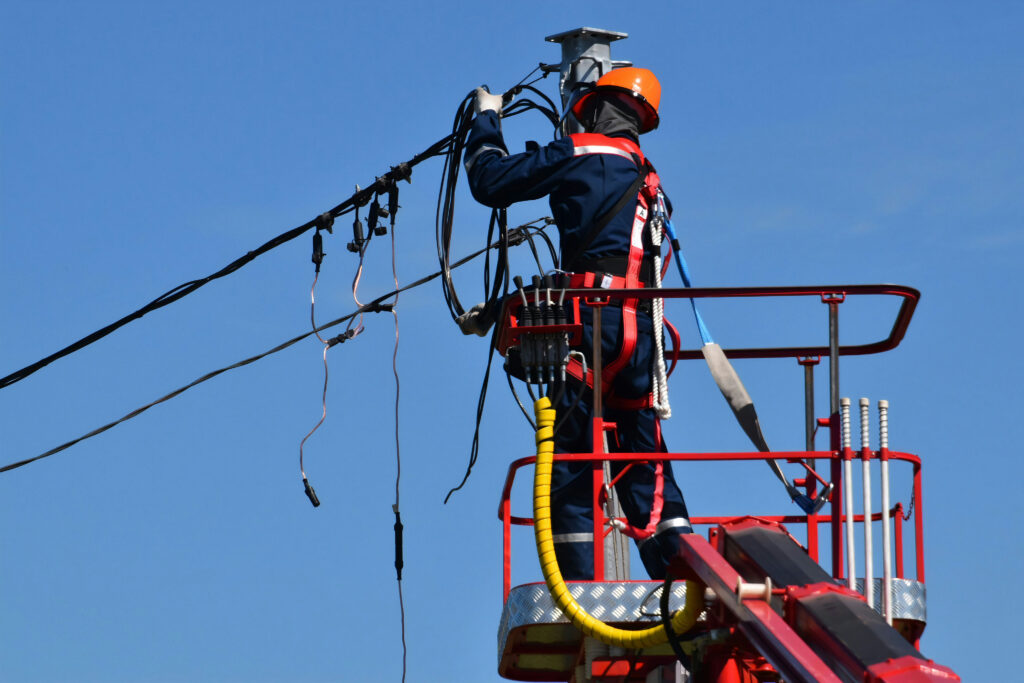
The Collaborative Effort
The effective functioning of New Jersey’s electrical grid is not solely reliant on the expertise of licensed contractors. It’s a collaborative effort involving utilities, regulatory bodies, engineers, and the community at large. Contractors work hand-in-hand with these stakeholders, sharing insights and implementing strategies to enhance grid resilience and reliability.
Looking Ahead
As New Jersey continues to evolve and embrace cleaner and more sustainable energy solutions, the role of licensed electrical contractors will become even more pivotal. The integration of renewable energy sources, smart technologies, and grid modernization will demand their expertise and adaptability.
Licensed electrical contractors in New Jersey, like First Class Electric, are the unsung heroes powering the state’s progress. Their unwavering commitment to maintaining the electrical grid ensures that the lights stay on, businesses thrive, and communities flourish. As technology advances and challenges evolve, their expertise will remain essential in shaping a more reliable, resilient, and sustainable electrical infrastructure for generations to come.…
